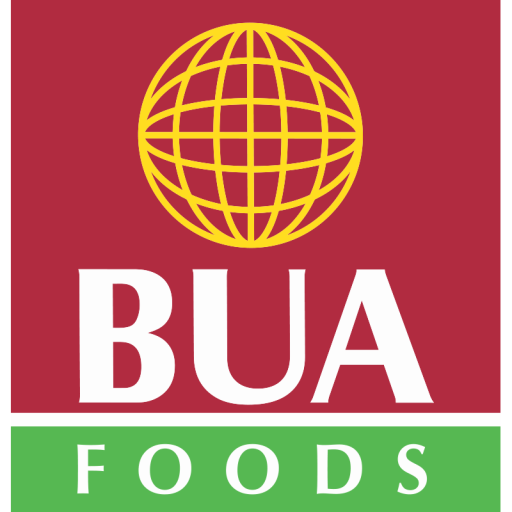Nigeria’s leading food manufacturing giant- BUA Foods last week published its unaudited 2023 first-quarter financials, describing it as the best since the company was listed in 2021, helping it retain its title as the most profitable food manufacturing company on the Exchange.
Major highlight of the result included the 60.3% top-line growth to close at N144.3bn, from all seven major business segments, each of which posted quarter-on-quarter growth, while providing enough buffer to absorb the rising operating costs.
Profit before tax for the period soared by a significant 85% to N49.5bn, while Earnings per share rose from N1.27 to N2.25 in the period under review, following a string of stellar performances spanning the last two years since it became a publicly listed company on the Nigerian Exchange, improving on the 31% full-year growth in profit after tax achieved in 2022, with massive investments in the sugar industry, rice milling facility, and edible oil plants providing it a platform to keep generating revenues.
A statement by the group said its sugar businesses- fortified, non-fortified, and molasses, contributed N93bn to revenues, compared to N54.1bn in the same period in 2022, while sales from its fortified segment alone. doubled to about N61bn. This was followed by revenues from its bakery flour business which grew from N18.3bn to N29.6bn, helped by its energy-saving and waste-reduction type flour mill in Port Harcourt built for efficiency. The plant commenced production in 2019 with a capacity of 500,000 MT per annum and plans to increase the capacity to 1.3 MT per annum this year.
BUA Pasta business which involves the processing, manufacturing, and distribution of pasta such as its IRS premium and slim products also delivered impressive revenue growth. Revenues for the division also rose from N15.9bn to N19.4bn.
The statement noted that the bottom-line could have been more robust but for the significant cost pressures the company faced in the form of cost of sales, which rose by 42% to N87.6bn lower than the pace of revenue growth. In its 2022 audited accounts, it reported that it experienced a rise in raw materials and energy costs pushing.
Another major margin pressure was in its operating expenses which rose three folds to N9.2bn, driven by a spike in selling and distribution costs. The company spent N6.2bn on selling and distribution, compared to just N708m in the prior year, as it focused on an aggressive sales strategy.
Despite the rising input and operating costs, BUA Foods still earned a profit margin equivalent to N27.9 for every N100 of sales, compared to N25.3 reported in the corresponding quarter in 2022, besides generating cash of N34.9bn in net operating cash flow, about N7.4bn of which was deployed to repay loans. Cash at the end of the period, the group said, rose from N27.6bn in December 2022 to N50.3bn as of March 2023, while not onboarding any new loans.
The company proposed a dividend of N4.5 per share with a scheduled payment date of September 21, 2023, in what may be in its bid to avoid resorting to loans while undertaking its estimated N52.8bn in construction work in progress as part of a continued business expansion including an additional N45.9bn in new plant and machinery during the year.
Trending Today
Menu








